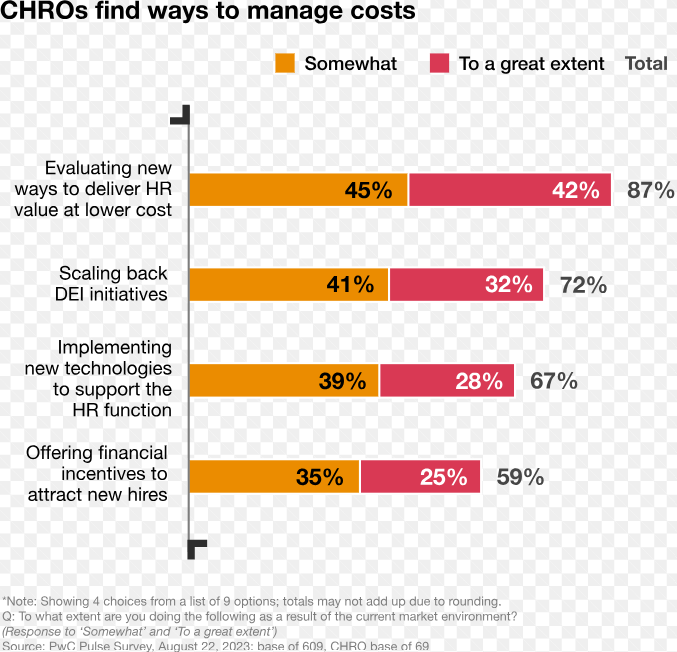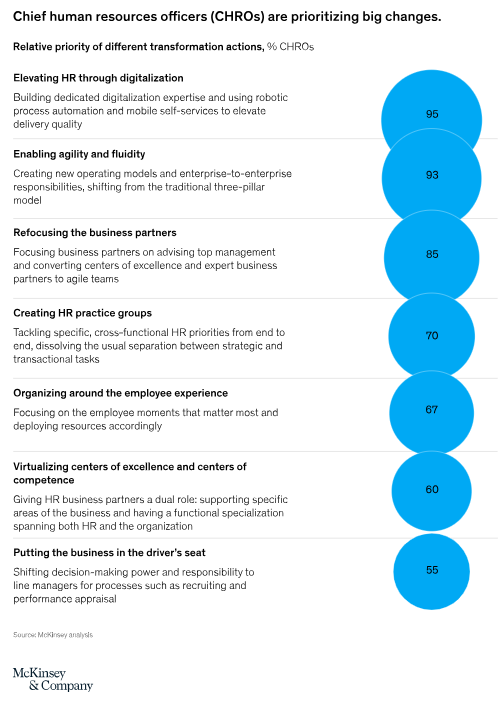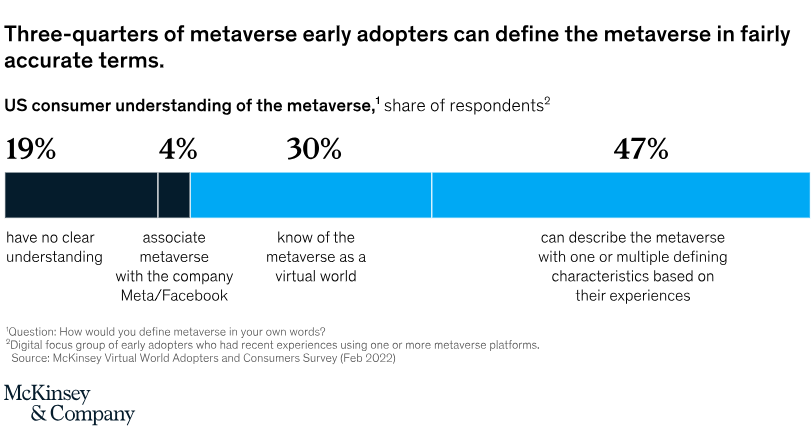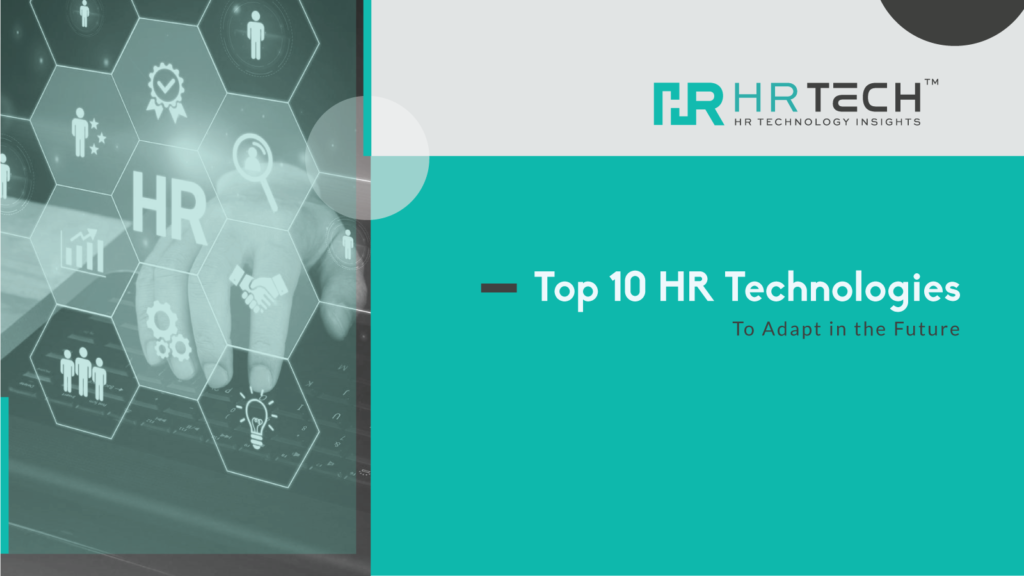The Human Resources industry is continuously evolving, and it is all set to undergo a remarkable transformation. With the integration of innovative approaches and cutting-edge technologies, the HR industry is well-equipped to retain, attract, and manage talent efficiently. Artificial intelligence (AI) and Machine Learning (ML) are at the forefront of HR innovation and HR tech trends in 2024, which will continue to prosper through 2030. These technologies are predicted to revolutionize HR and talent acquisition by streamlining the entire recruitment, documentation, and onboarding process. AI-driven algorithms will calculate resumes, conduct the first screening of the candidate, and predict a candidate’s suitability based on historical data. However, it is not just the emerging technology trends but also the industries involved. 2024 is all about constant learning, relearning, and unlearning due to various necessities and not desires.
Measuring the outcomes of technology is the first step in enhancing and improving the system. By adopting various tech trends, HR tools, and technologies, organizations can be aware of their employee’s expectations.

Top 10 HRtech To Adapt In The Future
#1. Digitization
The rapid digitization of workplaces, accelerated by the events of 2019-20, is transforming how businesses operate. In 2024, organizations are poised to revolutionize their technological infrastructure by integrating artificial intelligence and machine learning. This shift will enhance employee experiences and drive significant improvements in customer satisfaction.
HR technologies are at the forefront of this transformation, streamlining processes from onboarding to retirement. The digital workplace will foster a more connected and personalized environment for employees. Employers can expect a more informed, skilled, and innovative workforce by investing in these technologies. Ultimately, this data-driven approach will increase operational efficiency and a competitive edge.
Visit HR Tech Blog: Top 10 Crucial Leadership Skills To Lead An HR Team
#2. Elevating Hybrid Culture
After the pandemic outbreak, organizations have rapidly adopted the work-from-home model and are now committed to a hybrid work model. Additionally, certain reports suggest that one-third of companies transitioning to a hybrid work model will face challenges in implementing this successfully. Key obstacles include redesigning workspaces, adapting job roles, and creating an engaging work environment.
#3. Digital Learning & development
Employee learning and development has become a core strategy of every organization. The past two years have witnessed a seismic shift in the workplace, forcing L&D functions to adapt rapidly to changes in work setups and organizational structures. As we enter 2024, L&D professionals face the daunting task of providing continuous learning while prioritizing engagement, inclusivity, and an exceptional employee experience.

#4. Collaboration and communication tools
Teams often operate across diverse time zones and locations in today’s advanced world. This dispersion can lead to feelings of isolation and communication challenges. Effective collaboration is essential to overcome these hurdles, and HR technology provides the tools necessary to foster seamless teamwork, regardless of geographic distance. Collaborative tools, equipped with features for file-sharing, communication, and work management, facilitate real-time collaboration and ensure that teams can work cohesively, even when physically separated. By implementing these technologies, organizations can enhance productivity and cultivate a strong sense of unity and purpose within their teams.
Visit HR Tech Blog: Top 10 Talent Intelligence Tools to Boost Workforce Performance
#5. AI-powered talent acquisition and management
Acquiring, managing, and retaining top talent is a task but recruiting budgets and resources may be limited. Such situations need HR teams to work efficiently with AI. AI presents excellent opportunities to revolutionize the recruitment process. Over 80% of HR leaders have adopted and are exploring the possibilities of AI solutions that boost process efficiency. With various AI-powered tools and management solutions, one can transform each phase of the recruitment process.
#6. Focus on Metaverse in HR
The Metaverse was created to redefine the work model of HR. This revolutionary technology will integrate virtual meetings, onboarding, interviews, and learning experiences. By creating real-time virtual environments, HR professionals can conduct immersive interviews, host dynamic meetings, and foster engaging discussions with the remote teams. Recognizing and embracing Metaverse’s vast potential to reshape the HR model and improve collaboration across various teams.

#7. Cloud-based HR systems
Unlike traditional HR systems, cloud-based solutions offer streamlined data management and key processes. Real-time connectivity and visibility across all systems provide a comprehensive view of HR operations, enabling organizations to identify opportunities and trends. Businesses that have adopted cloud-based HR technology often report increased productivity and higher employee satisfaction. These solutions are particularly valuable for managing hybrid and remote workforces and offer advanced data analytics capabilities, while also streamlining talent acquisition efforts.
Visit HR Tech Blog: Top 10 Benefits of Transitioning to Cloud HR System
#8. Data-driven DEIB
Despite increased efforts over the past decade, organizations have struggled to create truly diverse and inclusive work environments. Many initiatives have remained largely symbolic, lacking the robust data necessary to measure progress and identify areas for improvement. Given the proven impact of data disclosure in certain industries, organizations need to leverage data analytics to gain actionable insights from their diversity, equity, inclusion, and belonging (DEIB) initiatives. By analyzing data, organizations can identify gaps, measure progress, and make evidence-based decisions to foster more equitable workplaces.
#9. Tech-enabled employee service
Employee self-service is an HR technology aspect that allows employees to approach and manage their HR-related tasks and information accordingly. This can include:
- Updating personal information
- Requesting time off
- Viewing pay stubs
The major objective of employee self-service is to enhance efficiency and manage workload for HR professionals.
#10. Data-backed and digitally-led organizations
In 2024’s data-centric world, organizations focus on understanding their employees and customers at a granular level. By leveraging employee and customer data, businesses are better positioned to align their strategies and initiatives, fostering a more purposeful and customer-centric approach. This trend goes beyond data analysis, it also signifies a major shift towards consumer and employee engagement. Additionally, the data-driven trend stretches its reach to resolve the pressing environmental and social media concerns.
Why would HRs adopt HR technologies in the future?
The sudden surge in demand for HRs might create havoc in the industry. To cope with the demand for a more creative employee experience and offer a progressive environment, the future HR tech will be based on continuous learning, modernizing technology, and data-driven approaches. Technology is vast and ever-expanding, and to stay on pace, every organization, HR, employee, and employer needs to stay up with the latest trends.
To share your insights, please write to us at news@intentamplify.com



